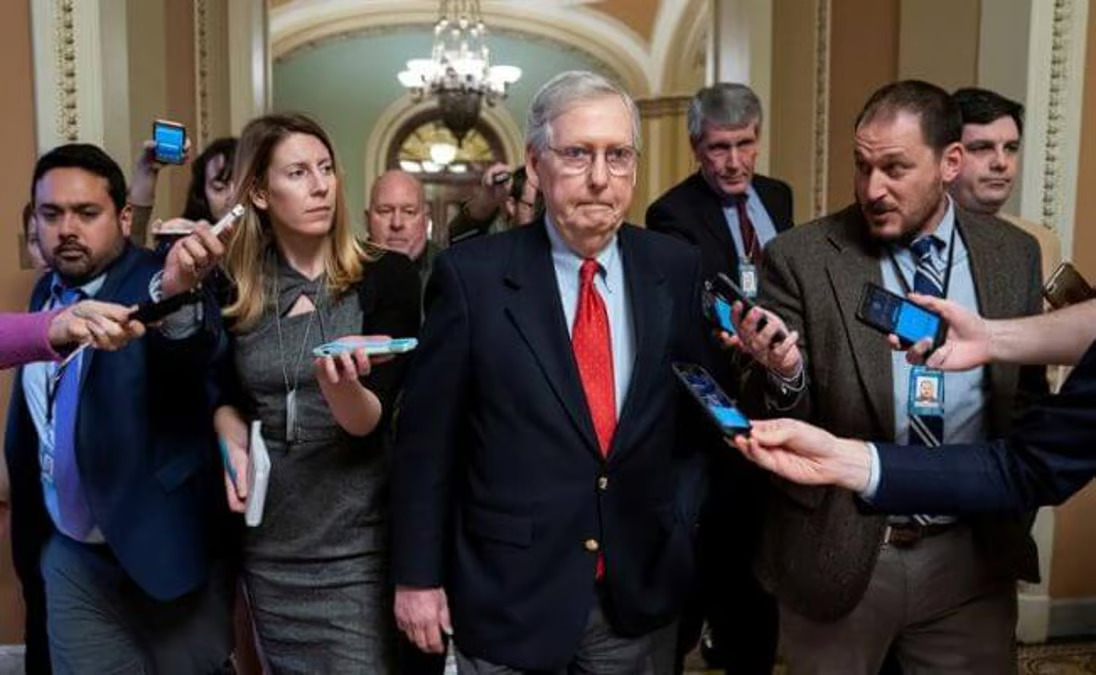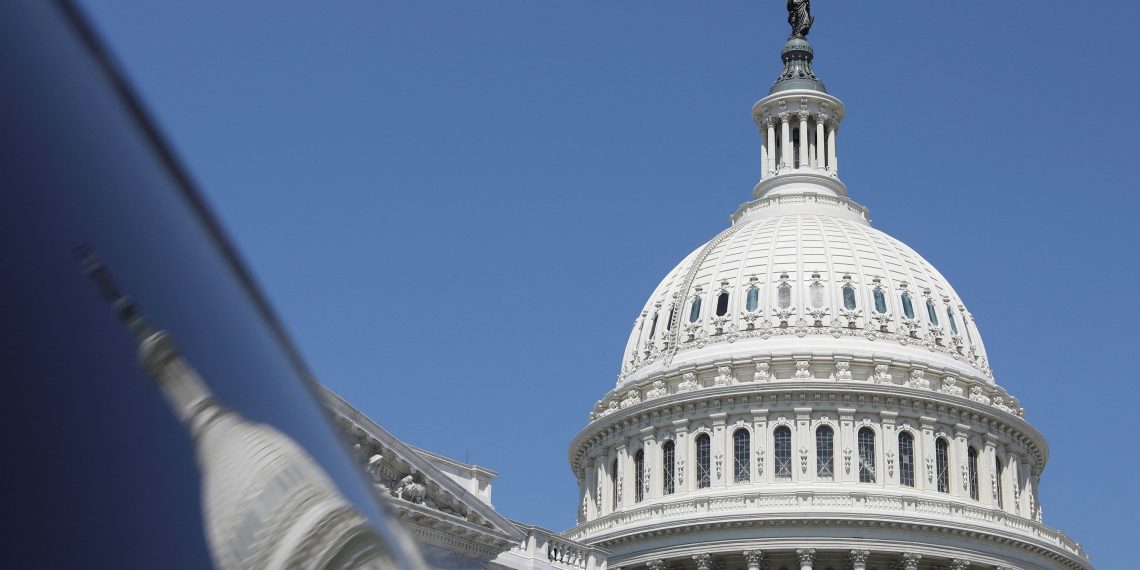With just four days until a critical funding deadline, Congress faces a looming threat of a partial government shutdown, exacerbated by high-level disagreements over policy issues.
Despite efforts to unveil a bipartisan spending deal on Sunday, the bill remains undisclosed, intensifying pressure on House Speaker Mike Johnson from the conservative faction to advocate for their priorities.
Senate Democrats, frustrated by the impasse, criticize House Republicans for the delay, highlighting the essential nature of Congress’s duty to fund the government.
Senator Elizabeth Warren condemns the situation as “ridiculous,” while Senator Jon Tester expresses anger, labeling the recurring budgetary battles as “bullsh*t.” Senator Joe Manchin deems the situation “sinful,” denouncing the political gamesmanship at the expense of American citizens.
In response, Senate Majority Leader Chuck Schumer warns of the imminent shutdown risk and engages in discussions with key lawmakers, blaming House Republican disarray for the delay.
Meanwhile, Senate Minority Leader Mitch McConnell emphasizes the harmful consequences of a shutdown, asserting that it’s avoidable through bipartisan cooperation.
Facing two looming shutdown deadlines on March 1 and March 8, Congress grapples with pressing challenges, including the need for additional funding for Ukraine. President Joe Biden calls for a meeting with the top four congressional leaders, aiming to address these urgent issues before the deadline.

As the Senate reconvenes on Monday evening and the House returns on Wednesday, time is of the essence to reach a consensus and avert a shutdown.
Key questions remain about the Senate’s handling of articles of impeachment against Homeland Security Secretary Alejandro Mayorkas, further complicating an already tense situation.
With government funding set to expire for various agencies and programs, preparations are underway for a potential shutdown, including identifying essential personnel and outlining operational procedures.
As tensions mount, lawmakers must navigate complex negotiations to ensure the government remains operational beyond the looming deadline.





